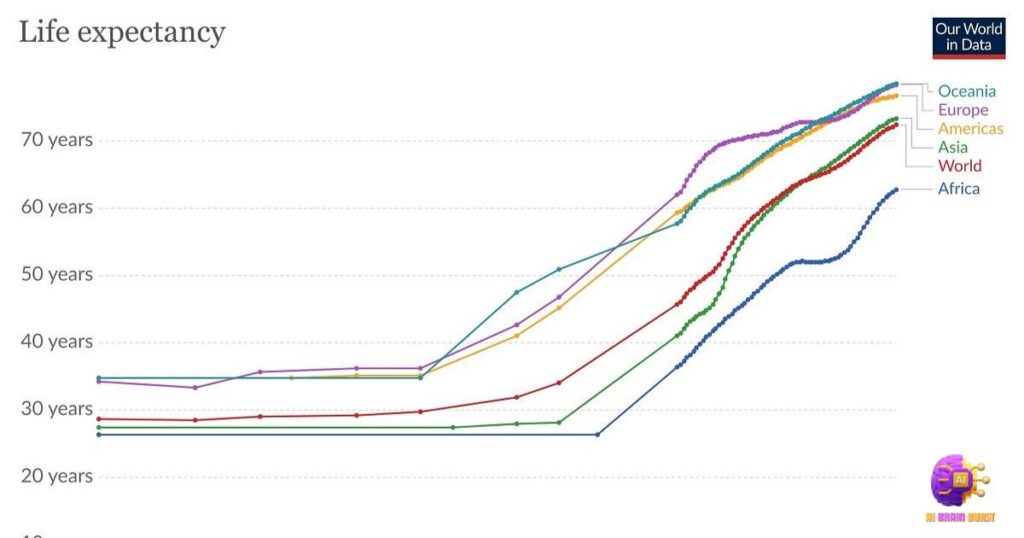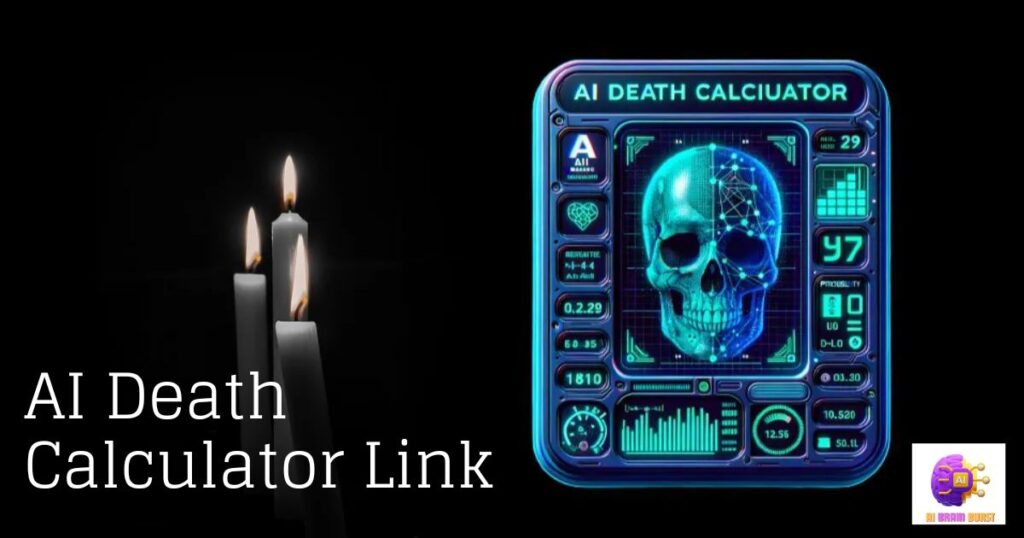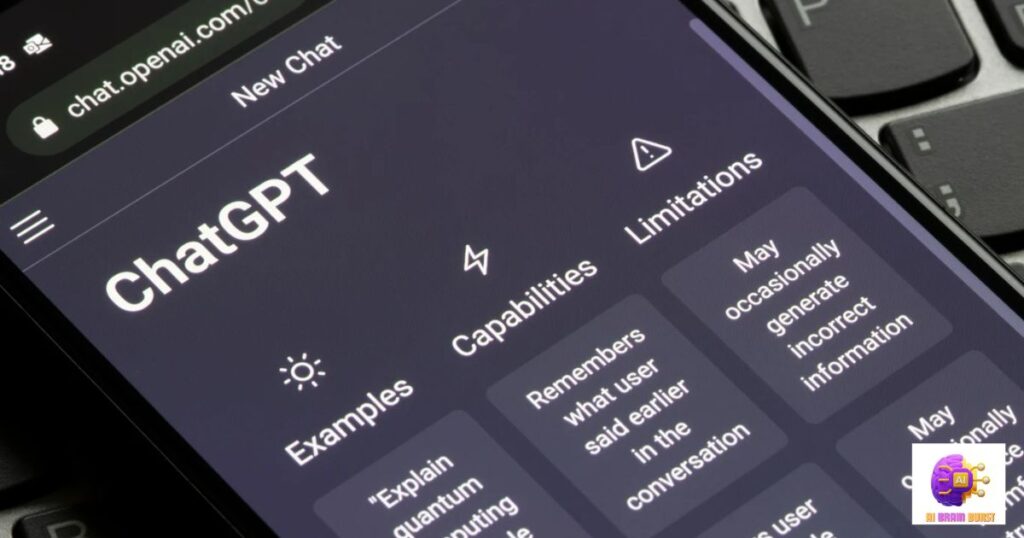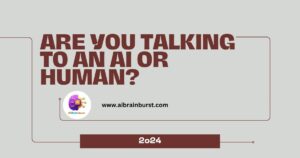An AI Death Calculator is a proposed technology leveraging artificial intelligence algorithms to predict an individual’s life expectancy and approximate date of death based on personal data such as age, genetics, lifestyle, and medical history.
It aims to satisfy human curiosity about mortality, motivate healthier choices, and assist in financial and end-of-life planning.
However, ethical concerns about accuracy, privacy, and the potential psychological impact of such predictions remain significant.
Discover the fascinating world of AI Death Calculator [2024] – a cutting-edge technology that promises to unveil the mysteries of life expectancy.
Are you ready to explore the future of predicting mortality? Join us on this insightful journey!
The Allure of Knowing When You’ll Die
The allure of knowing when you’ll die taps into one of humanity’s deepest curiosities.
It’s a question that has lingered in our minds since ancient times, driving philosophers, scientists, and now, technologists to seek answers.
The idea of an AI-powered death calculator, while controversial, offers a glimpse into a future where technology can forecast life’s ultimate milestone with unprecedented accuracy.
This fascination with mortality has spurred Rebate Work on TEMU, leading to discussions about the potentials and ethical considerations of such technological advancements.
For many, the appeal lies in the opportunity to plan and prepare for the inevitable. Knowing one’s expiration date could prompt lifestyle changes, encouraging healthier habits and fostering a sense of control over one’s destiny.
It could also facilitate practical arrangements, such as financial planning and end-of-life decisions, alleviating some of the uncertainties that accompany the unknown.
However, the allure of knowing when you’ll die is not without its ethical and emotional complexities.
The prospect of facing mortality head-on can evoke fear, anxiety, and existential pondering. It raises questions about the value of uncertainty, the nature of fate versus free will, and the delicate balance between embracing life’s mysteries and seeking absolute certainty.
Nonetheless, the allure persists, underscoring our innate human desire to unravel the secrets of our existence.
Concerns About Predictive AI Life Expectancy Systems

The development of predictive AI life expectancy systems has sparked significant concerns among experts and the general public alike. One of the foremost worries is the potential for inaccuracies in predictions, as no algorithm can perfectly foresee the complexities of human health and longevity. Even highly advanced AI systems may misinterpret data or fail to account for critical variables, leading to misleading or incorrect life expectancy estimates.
Privacy is another major concern surrounding AI life expectancy systems. Gathering the extensive personal data necessary for accurate predictions raises ethical questions about consent, data security, and potential misuse. Users may be hesitant to share sensitive information, such as medical records and genetic data, fearing breaches or discrimination based on their predicted life spans.
Moreover, there’s a fear that these systems could oversimplify the myriad factors influencing life expectancy. Human health is influenced by a complex interplay of genetics, lifestyle choices, socio-economic factors, and environmental variables. AI algorithms, no matter how sophisticated, may struggle to incorporate all these nuances accurately, leading to biased or incomplete predictions.
The psychological impact of predictive AI on individuals is also a cause for concern. Receiving a life expectancy prediction, especially if it’s inaccurate or unexpectedly short, can lead to heightened anxiety, depression, or fatalistic attitudes. It may alter how people perceive their future, affecting their mental well-being and decision-making processes.
Ethical dilemmas further complicate the debate. Predicting life spans raises questions about the value of life, the role of technology in shaping our destinies, and the potential for societal discrimination based on predicted longevity. Critics argue that focusing on predicting death diverts attention and resources from efforts to improve health outcomes and extend life through preventive measures and medical advancements.
Overall, while predictive AI life expectancy systems hold potential benefits, such as promoting healthier lifestyles and aiding in medical planning, the concerns regarding accuracy, privacy, psychological impact, and ethical implications underscore the need for careful consideration, regulation, and transparency in their development and implementation.
Debate Over the Development of AI Death Calculators
The debate over the development of AI death calculators is multifaceted and continues to spark discussions among experts and the public. One side of the debate argues that these calculators can offer valuable insights, such as motivating individuals to adopt healthier lifestyles and aiding in end-of-life planning. Proponents highlight the potential benefits of increased awareness about mortality and the opportunity for individuals to make informed decisions based on statistical predictions.
On the other hand, critics express significant reservations about the accuracy and ethical implications of AI death calculators. They raise concerns about the potential for false predictions, which could lead to unnecessary anxiety or misguided life decisions. Moreover, there are ethical considerations surrounding privacy, consent, and the sensitive nature of predicting an individual’s life expectancy. Critics also argue that focusing too much on predicting death may detract from efforts to improve overall healthcare and quality of life.
The debate also delves into the broader societal impact of AI death calculators. Some argue that these tools could contribute positively to public health by promoting preventive care and early interventions. Others caution against the potential for misuse or misinterpretation of the data, leading to unintended consequences or stigmatization based on predicted life spans.
Overall, the debate underscores the complex intersection of technology, ethics, and human psychology. As AI continues to advance, finding a balance between harnessing its potential benefits and mitigating its risks remains a central challenge.
Key points in the debate over AI death calculators:
- Potential benefits such as promoting healthier lifestyles and aiding in end-of-life planning.
- Concerns about accuracy, false predictions, and the potential for anxiety-inducing information.
- Ethical considerations regarding privacy, consent, and the sensitive nature of predicting life expectancy.
Potential Paths Forward for AI Life Expectancy Prediction Systems

As AI life expectancy prediction systems continue to evolve, several potential paths forward can be explored to address concerns and ensure responsible development and implementation.
1. Enhanced Transparency and Informed Consent:
- Establish clear communication channels to inform users about the uncertainties and limitations of AI predictions.
- Implement robust consent protocols to ensure users understand the implications of sharing their personal data.
2. Probabilistic Models and Ranges:
- Move away from providing a single expiration date and instead present a range of probable life expectancies to account for uncertainties.
- Incorporate probabilistic models that highlight the variability inherent in life expectancy predictions.
3. Holistic Data Integration:
- Expand the scope of data used in predictions to include diverse health indicators such as mental well-being, diet, exercise habits, and social connections.
- Consider contextual factors that can significantly impact life expectancy, such as socioeconomic status and environmental factors.
4. Focus on Disease Prediction and Prevention:
- Shift the focus of AI systems towards predicting and preventing diseases rather than solely forecasting life expectancy.
- Leverage AI algorithms to identify early warning signs and recommend preventive measures to improve overall health outcomes.
5. Strong Data Protection Measures:
- Implement stringent data protection and cybersecurity measures to safeguard user privacy and prevent unauthorized access to sensitive information.
- Ensure compliance with data protection regulations and standards to mitigate risks associated with data breaches.
6. Ethical Framework Development:
- Establish an ethical framework outlining principles and guidelines for the responsible development and use of AI life expectancy prediction systems.
- Consider cultural sensitivities and societal implications when designing and deploying these technologies.
7. Independent Oversight and Regulation:
- Introduce independent oversight bodies or regulatory frameworks to monitor AI life expectancy prediction systems and ensure accountability.
- Address public concerns regarding the accuracy, objectivity, and potential biases in AI predictions through transparent governance mechanisms.
By adopting these potential paths forward, stakeholders can work towards harnessing the benefits of AI life expectancy prediction systems while mitigating risks and promoting ethical considerations in their implementation.
The Bigger Picture: AI and the Inevitability of Death
The intersection of AI technology and the inevitability of death raises profound philosophical and existential questions about the human experience. While AI can contribute to advancements in healthcare and life expectancy predictions, it cannot alter the fundamental truth that death is a natural and universal part of life. Understanding and accepting this inevitability is crucial for cultivating a meaningful perspective on our mortality and guiding our choices in life.
In contemplating the bigger picture, it becomes evident that AI’s role extends beyond predicting life expectancy to encouraging us to cherish each moment and prioritize what truly matters. Rather than obsessing over when death might arrive, AI can serve as a reminder to live fully, nurture meaningful connections, and pursue endeavors that bring fulfillment and purpose. Embracing the mystery of life and death fosters a deeper appreciation for the present moment and the interconnectedness of our existence.
AI Death Calculator Link

As of my last update in January 2022, there isn’t a specific “AI death calculator link” that is widely recognized or established. However, hypothetical discussions and concepts regarding AI-powered tools for predicting life expectancy and mortality have been ongoing. It’s important to note that any real-world implementation of such technology would require rigorous ethical considerations, data privacy protections, and transparency in its functioning.
In the realm of AI and healthcare, there are various platforms and tools that use AI algorithms to assist medical professionals in diagnosing diseases, predicting treatment outcomes, and managing patient data. These technologies aim to enhance healthcare delivery and improve patient outcomes. However, the concept of an AI death calculator remains largely speculative and raises complex ethical and societal questions that would need careful deliberation and regulation if ever developed.
AI Death Calculator Chat GPT

As of my last update in January 2022, there isn’t a specific “AI death calculator chat GPT” tool or feature widely available. However, it’s conceivable that such a tool could leverage AI capabilities to engage in hypothetical discussions or provide information about AI-powered death prediction systems. If developed, it would likely operate similarly to other AI chatbots, using natural language processing to interact with users and answer questions regarding the topic.
AI chatbots like ChatGPT can be valuable resources for exploring complex subjects and gaining insights into emerging technologies. They can provide information, generate discussions, and offer perspectives on various topics, including the potential implications of AI in predicting life expectancy and mortality. Nonetheless, it’s essential to approach discussions about sensitive topics like death with empathy, ethical considerations, and an understanding of the limitations and uncertainties associated with AI predictions.
AI Death Calculator App

As of my last update in January 2022, there isn’t a widely recognized “AI death calculator app” available for public use. However, the concept of an AI-powered app that predicts life expectancy or calculates the likelihood of death based on personal data has been discussed within the realm of artificial intelligence and healthcare technology. Such an app, if developed, would likely utilize AI algorithms to analyze factors such as age, genetics, lifestyle choices, and medical history to generate predictions.
The potential for an AI death calculator app raises ethical, privacy, and accuracy concerns that would need to be carefully addressed. Issues such as informed consent, data security, the impact of predictions on individuals’ mental health, and the reliability of AI-generated forecasts would require thorough consideration and regulation. While AI has the capacity to revolutionize healthcare and predictive analytics, developing tools that deal with sensitive topics like mortality demands a responsible and cautious approach.
Conclusion
In conclusion, the development of AI death prediction systems should proceed with utmost caution and ethical considerations. While these systems hold the potential to provide valuable insights into life expectancy and promote healthier lifestyles, they also come with significant risks and challenges. Issues such as accuracy, privacy, psychological impact, and the broader societal implications of predicting death require careful deliberation and regulation.
It is essential for developers, policymakers, and stakeholders to collaborate in establishing robust frameworks for the responsible development and use of AI death prediction systems. Transparency, informed consent, data protection measures, and independent oversight are paramount to address concerns and build trust among users. Moreover, prioritizing efforts to improve healthcare, disease prevention, and quality of life should remain central, with AI serving as a supportive tool rather than a definitive predictor of mortality. Ultimately, the goal should be to harness the potential of AI technology while respecting the complexities and sensitivities surrounding life and death.
FAQ’s
What is an AI death calculator?
An AI death calculator is a technology that uses artificial intelligence algorithms to analyze various factors such as age, genetics, lifestyle choices, and medical history to estimate an individual’s life expectancy and approximate date of death.
How might an AI predict when someone will die?
AI predicts life expectancy by analyzing vast amounts of data using statistical models and machine learning algorithms. Factors such as health indicators, demographics, and historical data contribute to generating predictions.
What are some benefits of an AI death calculator?
Benefits include raising awareness about health behaviors, encouraging preventive measures, facilitating end-of-life planning, and fostering conversations about mortality and healthcare decisions.
What are some of the main concerns about developing AI death calculators?
Concerns include accuracy issues, potential psychological impacts on individuals receiving predictions, ethical considerations related to privacy and consent, and the risk of creating undue anxiety or fatalistic attitudes.
Could AI accurately predict something as complex as human lifespan?
While AI can provide statistical probabilities and trends, accurately predicting individual life spans remains challenging due to the multifaceted nature of human health and the inherent uncertainties in life.
Does this technology raise ethical issues?
Yes, ethical considerations arise regarding privacy, informed consent, potential misuse of data, the sensitive nature of predicting mortality, and the psychological impact of receiving life expectancy predictions.
How could AI life expectancy tools be developed responsibly?
Responsible development includes transparency, informed consent, data protection measures, accurate representation of uncertainties, ongoing monitoring, and adherence to ethical guidelines and regulations.
What are the main arguments for developing AI death calculators?
Arguments include promoting awareness about health behaviors, encouraging proactive healthcare decisions, facilitating end-of-life planning, and potentially improving public health outcomes.
What are the main arguments against developing this technology?
Concerns include accuracy limitations, potential psychological harm from receiving predictions, privacy and data security risks, ethical dilemmas, and the focus on mortality rather than quality of life.
Is death inevitable despite advances in technology?
Yes, despite technological advancements, death remains an inevitable part of life. AI can enhance healthcare and longevity but cannot change the fundamental reality of mortality.
Could AI tell you how to live meaningfully?
AI can provide insights and information about health behaviors, but living meaningfully involves personal values, relationships, experiences, and emotional well-being that go beyond AI’s capabilities.
Is it ethical to predict individual life spans?
Ethical considerations arise regarding autonomy, privacy, consent, potential psychological impacts, cultural beliefs, and the need for responsible use and communication of predictions.
Are life expectancy tools similar to fortune telling?
While they both involve predictions, life expectancy tools are based on data and statistical models, whereas fortune telling typically relies on supernatural or mystical beliefs without empirical evidence.
Does this technology imply accepting death?
No, the technology can promote awareness and proactive healthcare decisions but should not imply resignation to death. It should encourage living a fulfilling life while considering mortality.
What is the best approach to developing AI life expectancy tools?
The best approach involves responsible development with transparency, informed consent, data protection, ethical guidelines, ongoing monitoring, collaboration with healthcare professionals, and a focus on improving health outcomes and quality of life.
![AI Death Calculator [2024]](https://aibrainburst.com/wp-content/uploads/2024/03/ai-death-calculator-2024.jpg)







